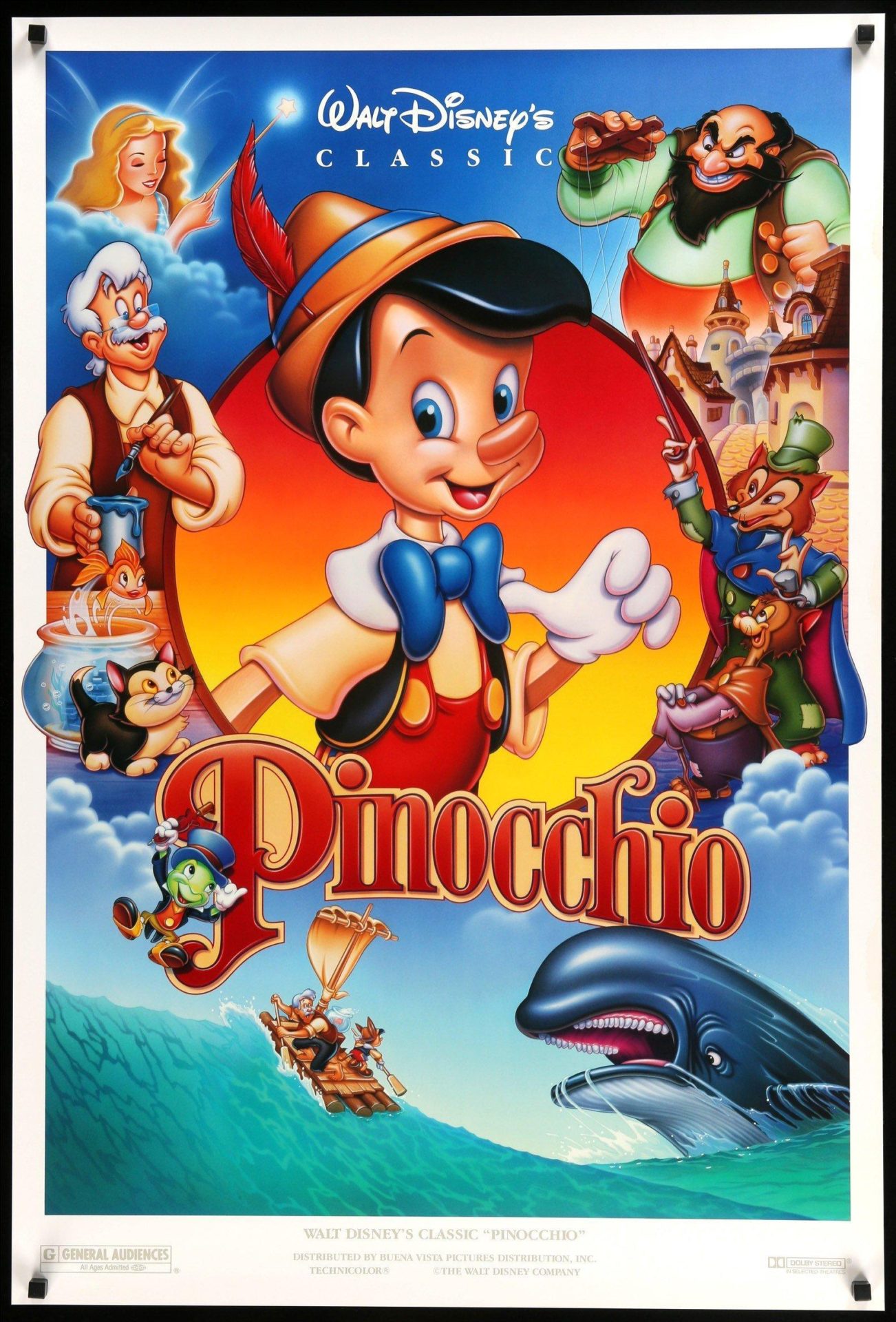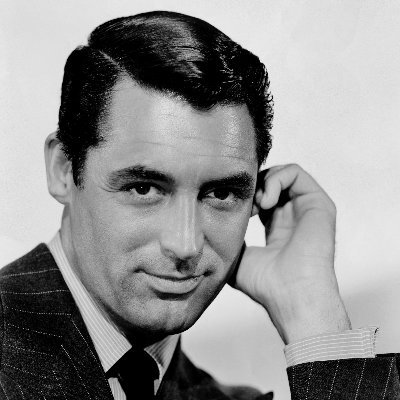
- Starring
- Dickie Jones, Christian Rub, Cliff Edwards
- Writers
- Carlo Collodi, Ted Sears, Otto Englander, Webb Smith, William Cottrell, Joseph Sabo, Erdman Penner, Aurelius Battaglia
- Directors
- Norman Ferguson, T. Hee, Wilfred Jackson, Jack Kinney, Hamilton Luske, Bill Roberts, Ben Sharpsteen
- Rating
- G (Canada, United States)
- Running Time
- 88 minutes
Overall Score
Rating Summary
Pinocchio tells the story of Pinocchio (Jones), a wooden puppet carved by an old Italian woodcarver named Geppetto (Rub) who is brought to life by a blue fairy that tells him that if he proves to be “brave, truthful, and unselfish” he can become a real boy. Pinocchio’s efforts to become such sees him encounter a host of unsavory characters, all while accompanied by Jiminy Cricket (Edwards), who serves as his conscience.
After the unexpected runaway success that was Snow White and the Seven Dwarves, Walt Disney and his crew had a lot riding on Pinocchio, their follow-up feature. As a result, they arguably doubled down and the darkness teeming around the edges of Snow White. The immortal ‘When You Wish Upon a Star,’ sung beautifully by Edwards, may have one go into this expecting a sentimental heartwarming serenade, and it does have that feel at certain points, but that quickly wears off to reveal the harsh realities and nightmares of real life.
The titular character is all of us when at some point when we are kids – good-hearted, weak-willed, not always listening to reason. And we’re always on his side because of his earnestness and determination to make things right. We see his character arc completed near the end of the movie when he finds a way to save himself and Geppetto. What’s interesting is that despite being Pinocchio’s conscience, Jiminy Cricket can also be impulsive and irrational himself, even walking out on Pinocchio at one point. He is reliable at leading Pinocchio out of sticky situations, often to hilarious comedic effect.
The tone of Pinocchio sometimes feels like it should be appreciated by adults first and foremost, with scenes like Pinocchio drinking a liquid that gets him drunk, or the sheer unlikability of many of the adversaries that Pinocchio faces along the way of his adventure. At many points we are left terrified as to whether he’ll make it out alive or not.
Its songs serve its narrative well and don’t feel like huge productions that take several minutes to get by. The musical score by Leigh Harline, Paul Smith and Frank Churchill is sprightly and only adds to the tone set by the movie, along with being great to listen to isolated. The animation for 1940 was a splendor to behold – there’s just something timeless about hand-drawn animation and the sheer attention to detail it entails. A highlight of this craftsmanship on display is when Lampwick is turned into a donkey. It’s a horrifying, Kafka-esque moment in a movie full of traumatic moments.
Meanwhile, there are some times when the film pushes credibility with its ethics, particularly with how the events Pinocchio faced throughout the film don’t seem to affect him all that much by the end, but it’s not that surprising from a 1940 movie.
In the end, Pinocchio has become one of Disney’s most enduring properties for a reason. It’s the sort of film that can be appreciated for its universality, its underlying themes, and the darkness it touches on at various points.
still courtesy of Disney
Follow me on Twitter, Instagram, and Letterboxd.
If you liked this, please read our other reviews here and don’t forget to follow us on Twitter or Instagram or like us on Facebook.
Discover more from
Subscribe to get the latest posts sent to your email.

